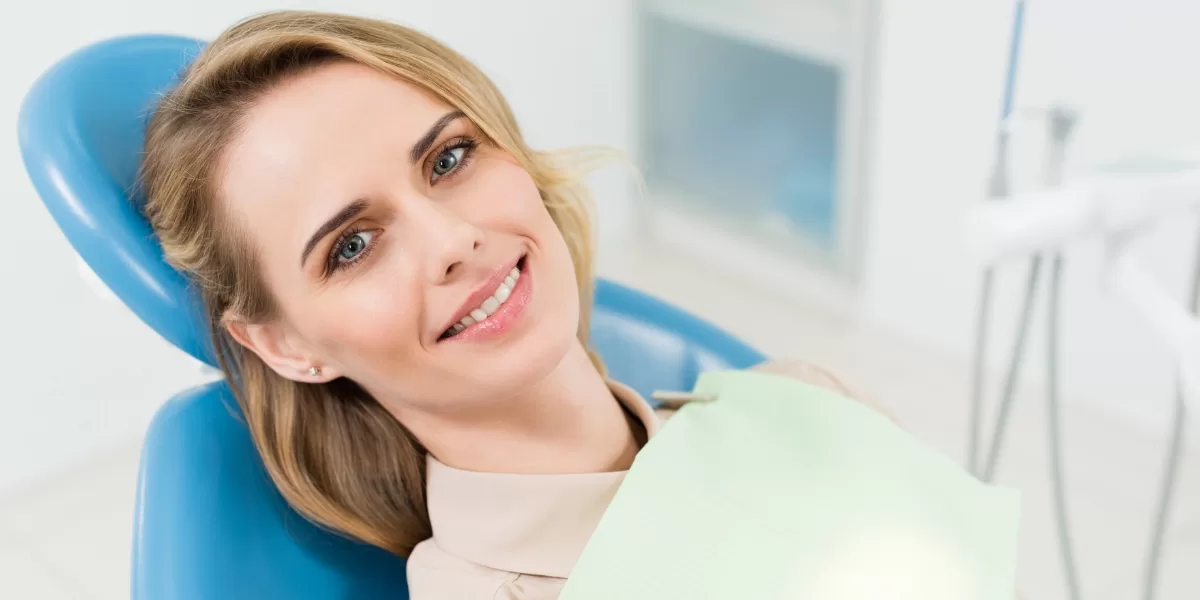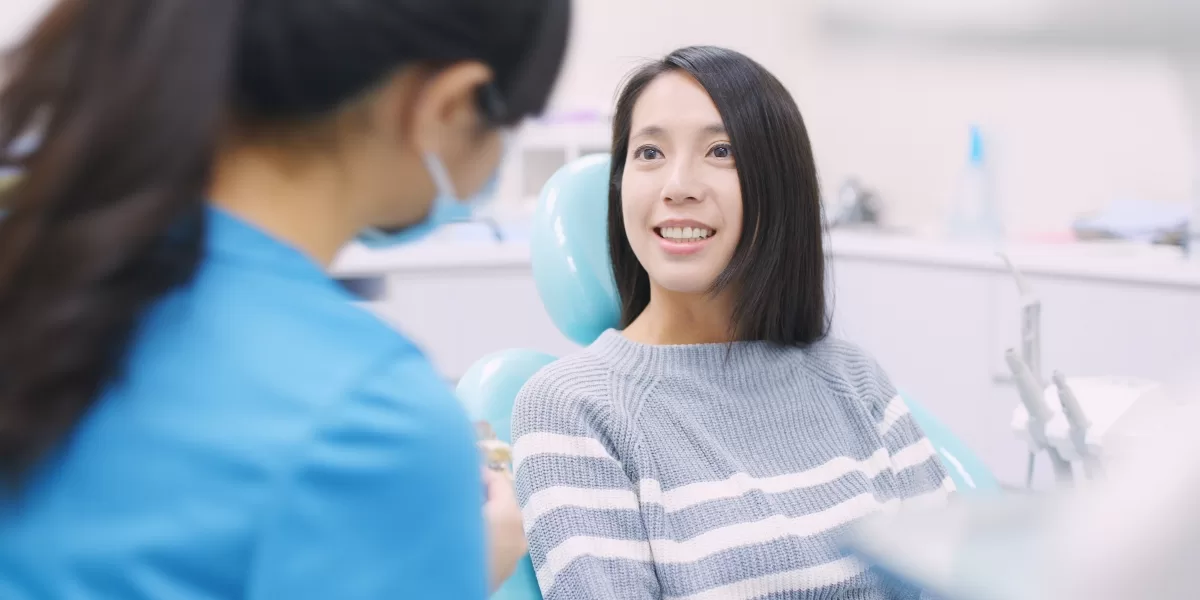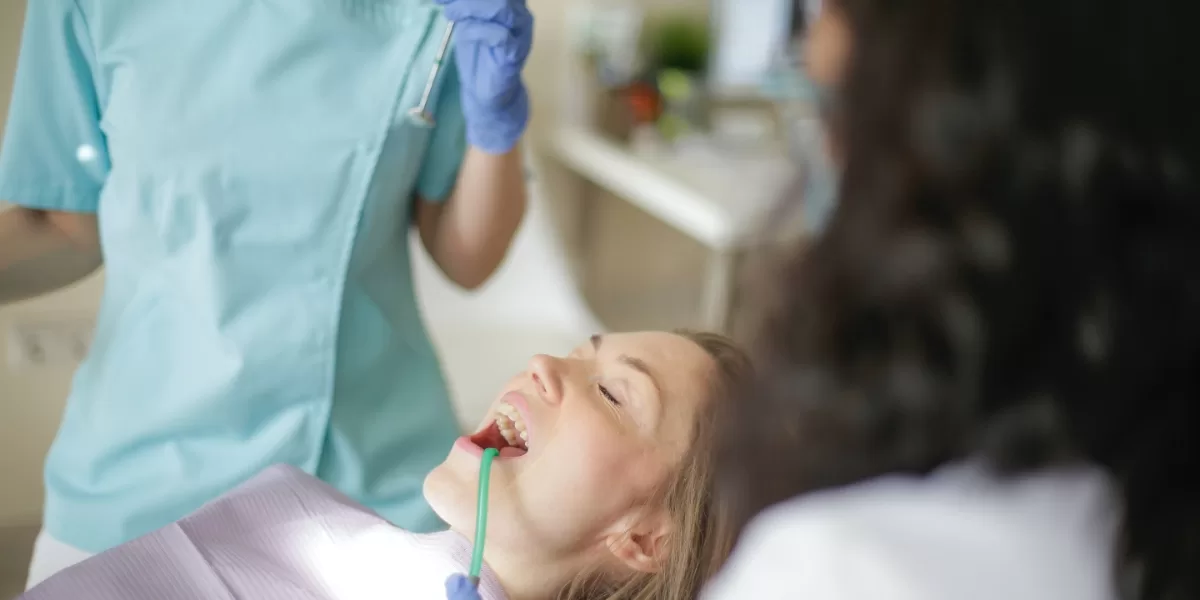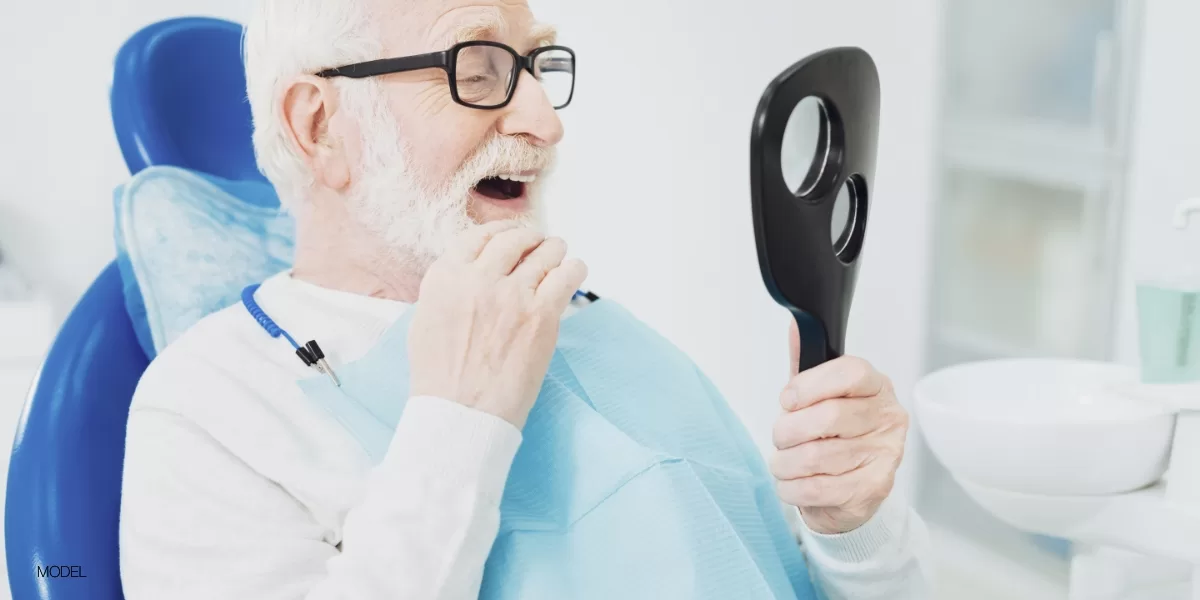
Guide to Eating After Dental Implants
Dental implant surgery represents a significant investment in your oral health and quality of life. At Foothill Center...
We detected that you're using an older version of Internet Explorer. please upgrade IE 11 or later
Alternatively, you can install and use these secure and newest browsers: Chrome | Firefox | Safari for MacOS | Edge for Windows
Our Recent Posts

Dental implant surgery represents a significant investment in your oral health and quality of life. At Foothill Center...

When it comes to dental implants, choosing the right specialist can make all the difference in your treatment...

Those troublesome third molars—commonly known as wisdom teeth—often require removal to prevent pain, infection, and damage to surrounding...

One of the benefits of dental implants is that they are a permanent solution to tooth loss because...

When it comes to tooth extractions, you might be unsure whether to see a dentist or an oral...

If you’re looking for a long-term solution to tooth loss, you may be considering dental implants. Their popularity...

At Foothill Center for Dental Implants and Oral Surgery, we understand that losing a tooth, whether due to...

Recovering from wisdom teeth removal takes time, but knowing what to expect at each stage can help make...

Dental implants can transform your smile and boost your confidence. As a Board Certified Oral and Maxillofacial Surgeon,...
Please be aware that this is not a secure email network under HIPAA guidelines. Do not submit any personal or private information unless you are authorized and have voluntarily consented to do so. We are not liable for any HIPAA violations. Understand that if you email us, you are agreeing to the use of an unsecured method and understand that all replies will be sent in the same fashion, which you are hereby authorizing.
By checking this box you hereby agree to hold Foothill Center for Dental Implants and Oral Surgery, including it’s doctors and affiliates, harmless from any hacking or any other unauthorized use of your personal information by outside parties. By checking this box, you also agree to receive email communication from Foothill Center for Dental Implants and Oral Surgery, including its doctors and affiliates.